“I built my first house when I was 17. I was a wild child, and building a house was my dad’s wild child reclamation project. I didn’t do it by myself, of course---there were plenty of experts working with me---but it taught me a lot about construction. I also learned that if somebody said, ‘Can you do this?’, my job was to say yes and then figure it out. I worked for FedEx for a lot of years, but I’ve always done construction projects on the side.
“We’re planning to move to Tanzania in April. According to the District Commissioner in the area where we’re going, their biggest needs are for education and clean water. People spend hours every day trying to get water---any water---and most of what they get comes from ponds that animals also use. We’ll be involved in teaching people how to catch clean rainwater in the rainy season, store it, and build bio-sand water filters using materials that they have on hand. Once the filter removes the pathogens (the worms, viruses, bacteria, and cysts), the water is as pure as what we have here in Memphis, and the incidence of disease goes way down.
“Organizations have offered to give us filters but that's not sustainable. If a tank got stopped up or broken, they wouldn’t know how to fix it and they’d be out of luck. But if they learn to build the filters themselves, they know how they work. It takes about a week to build a tank, which gives us a chance to teach them basic sanitation, how to maintain the filters, and how to keep them clean. To be successful, the project has to be reproducible, sustainable, and indigenous.
“It’s a matter of caring for each other and loving our neighbors. Clean water is their greatest physical need, and if we can help, we want to.”
“We’re planning to move to Tanzania in April. According to the District Commissioner in the area where we’re going, their biggest needs are for education and clean water. People spend hours every day trying to get water---any water---and most of what they get comes from ponds that animals also use. We’ll be involved in teaching people how to catch clean rainwater in the rainy season, store it, and build bio-sand water filters using materials that they have on hand. Once the filter removes the pathogens (the worms, viruses, bacteria, and cysts), the water is as pure as what we have here in Memphis, and the incidence of disease goes way down.
“Organizations have offered to give us filters but that's not sustainable. If a tank got stopped up or broken, they wouldn’t know how to fix it and they’d be out of luck. But if they learn to build the filters themselves, they know how they work. It takes about a week to build a tank, which gives us a chance to teach them basic sanitation, how to maintain the filters, and how to keep them clean. To be successful, the project has to be reproducible, sustainable, and indigenous.
“It’s a matter of caring for each other and loving our neighbors. Clean water is their greatest physical need, and if we can help, we want to.”
Source for drinking water (photo courtesy of Ralph):
Model of Bio-Sand Water Filter
(Model is clear; actual bio-sand filter is opaque and much larger)
(Model is clear; actual bio-sand filter is opaque and much larger)
Image below from Aztech Labs, which has a good explanation of how the filters work:
CAWST Biosand Filters Knowledge Base (construction manuals, etc.)
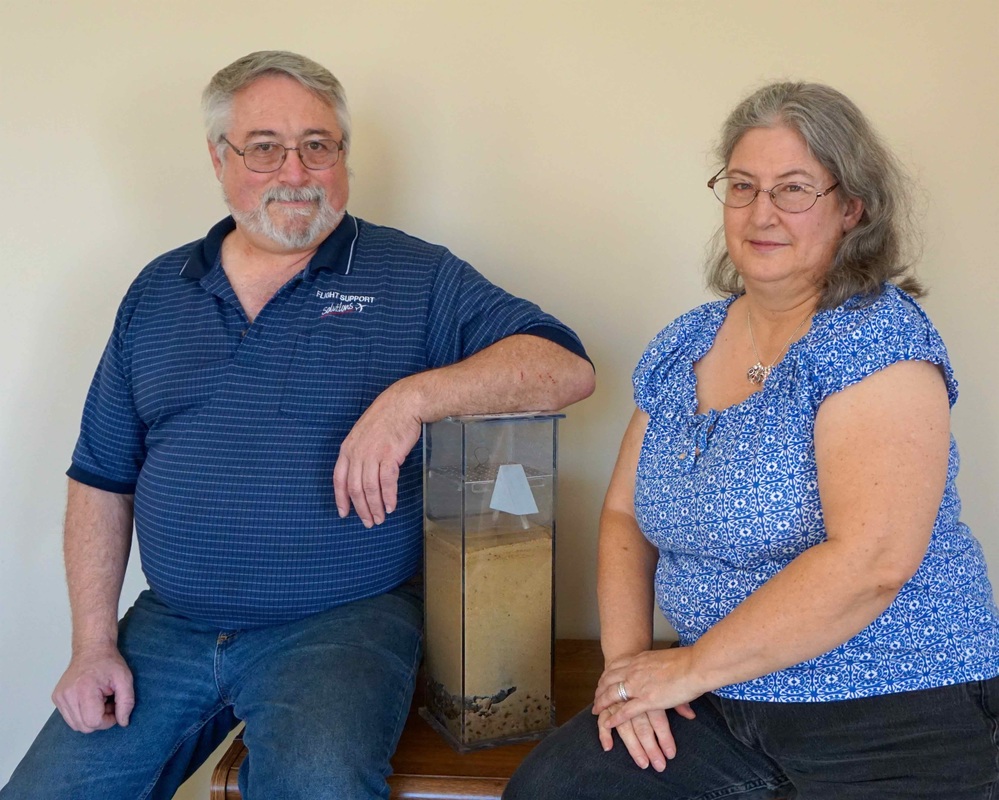
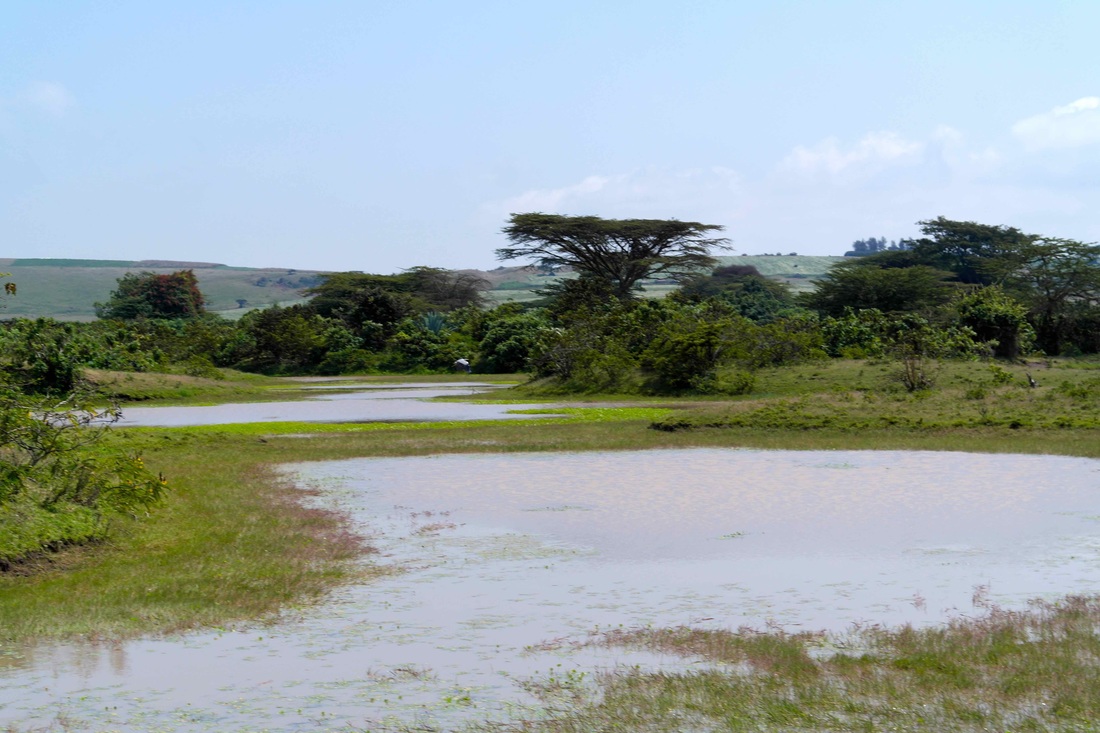
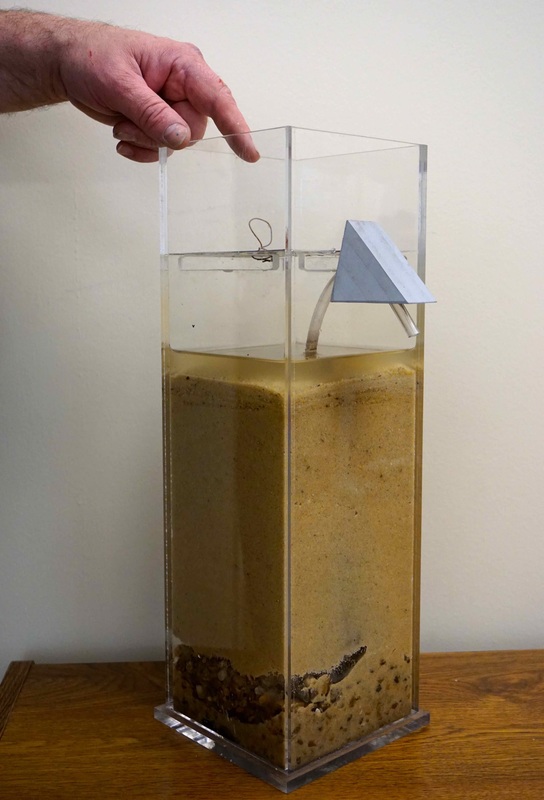
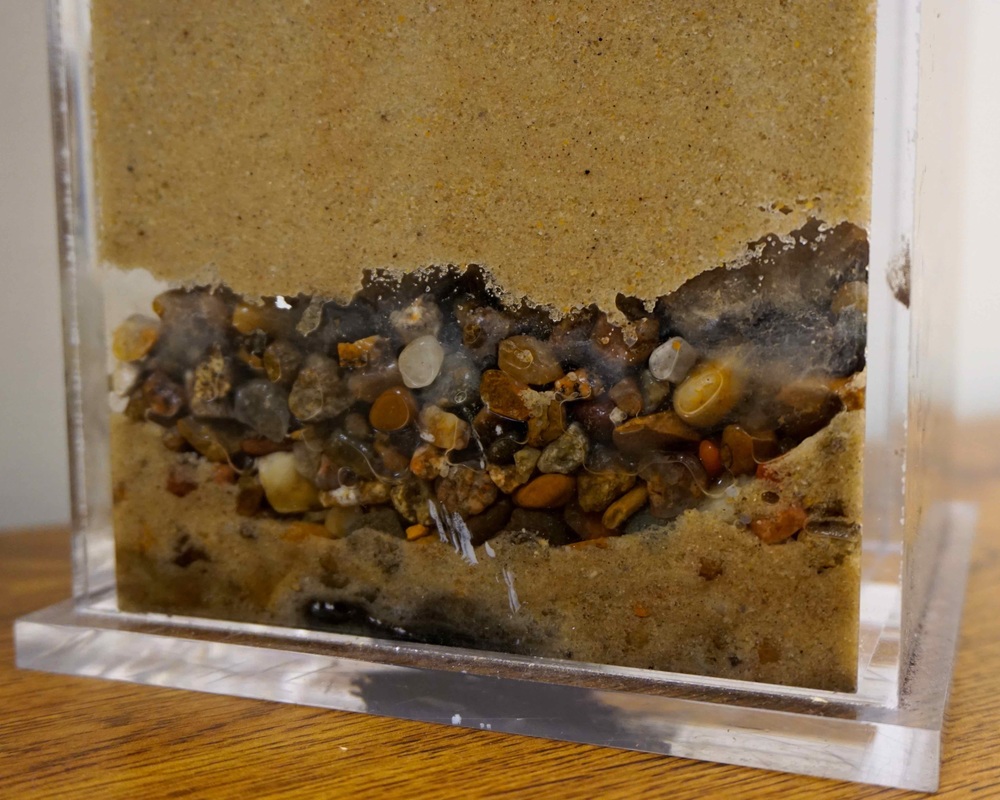
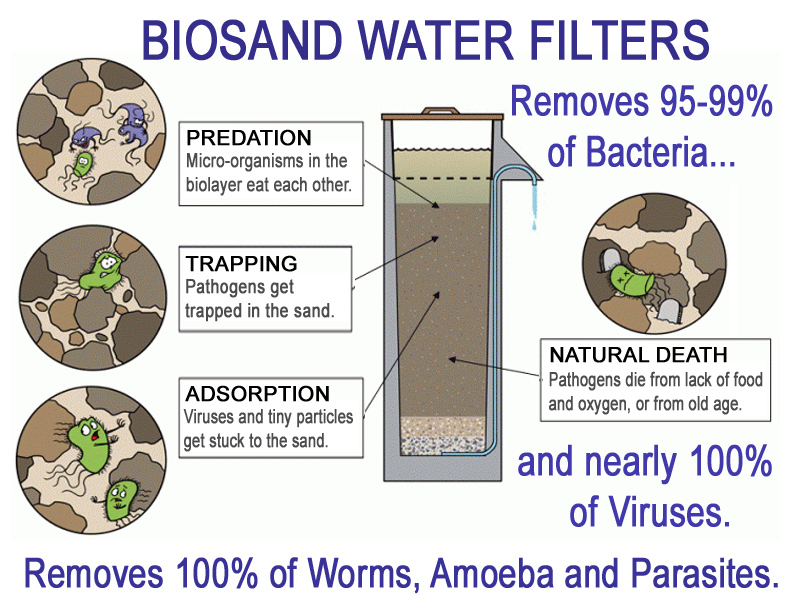
 RSS Feed
RSS Feed